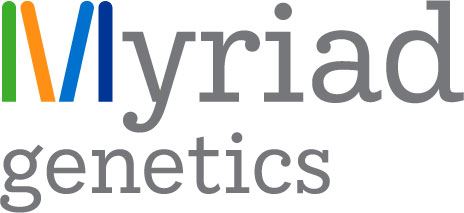
PGRN Trainee Members enjoy free membership, mentorship opportunities, and the opportunity to win prestigious Trainee Awards Join Free for Trainees
Network and collaborate with colleagues who are interested in pharmacogenomics research, education, and practice and work in educational institutions, industry, non-profit organizations, and government. Join Now
Gain leadership experience while shaping the future of our organization by serving on PGRN commitees and working groups Join Now
Become a member to receive reduced registration fees for PGRN meetings, workshops, and poster sessions. PGRN offers reduced membership fees for residents of developing countries Join Now
Access exclusive resources highlighting pharmacogenomics tools, events, and other useful information for PGx research, education, and clinical practice Join Now.jpg)
Join researchers, clinicians and trainees from diverse clinical and scientific disciplines from all over the world for regular members-only webinars and Research In Progress Seminars Join Now
Save the Date! 
Gain leadership experience while shaping the future of our organization by serving on PGRN commitees and working groups Learn More.jpg)
Meet researchers, clinicians and trainees from diverse clinical and scientific disciplines from all over the world for regular members-only webinars and Research In Progress Seminars View Webinar Recordings |






